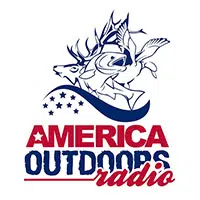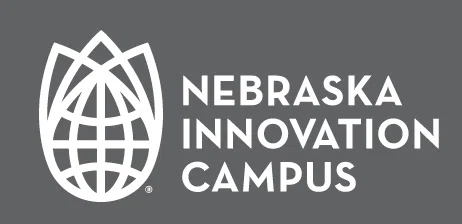The University of Nebraska is shuttered.
Buildings are closed. Students are gone. Education professionals are forging a new frontier from their home offices.
But amidst the empty sidewalks, libraries and classrooms an industry is booming: The production of personal protective equipment.
“We’re extremely proud of these efforts. What we’re most concerned about is everyone and everyone being safe and coming through this safe and sound with little loss as possible,” Ronnie Green, chancellor of the University of Nebraska-Lincoln says. “We just feel we’re doing our part.”
Nebraska Innovation Campus is equipping the state’s medical personnel and first-repsonders with the materials they need to lead the charge against COVID-19.
HAND SANITIZER
Troy Bredenkamp, executive director at Reusable Fuels Nebraska, tells KLIN News the project is a partnership between the University and the state’s ethanol industry.
“At a time when agriculture is hurting, certainly when the ethanol industry is hurting, it’s proud for me to represent an industry that looks towards others and their needs even before their own and that’s what we’re trying to do to make hand sanitizer for Nebraska.”
Bredenkamp says they produce FDA-certified batches of 190 proof sanitizer and can manufacture up to 2,000 gallons per day.
“Think Everclear if you will – pure alcohol. Once it gets to the production site on Innovation Campus, the other ingredients come into that, we take that down to 70 to 78 percent level of alcohol.”
Bredenkamp says it’s similar to branded sanitizer we buy at stores.
FACE SHIELDS
The campus’s studio manager, Jerry Reif, told us they began producing face shields on their 3D printer but ramped up production with the university’s engineering department and other businesses.
“If the parts are 3-D printed, we’re talking about 5 hours to 3D print one. But when they’re produced on the extractor and a molding machine, they’re pumping out a couple of thousand a day.”
They found other partners in the community who had plastic for the face shield. It takes only minutes to assemble them.
His three-person staff organizes the process of cutting, printing and assembling the face shields for the state.
“We’re doing what we can with what we have at this time. We don’t want anymore volunteers until we ask them. We don’t want a bunch of phone calls with people saying ‘Hey I’ll volunteer’ because there are some liability issues with have to deal with and we don’t know people’s history with COVID-19.”
MEDICAL GOWNS
One might thing Tyvek house wrap is only made for houses, but you’d be wrong. It can be spun into a once-used medical gown.
“Most gowns are made out of thick plastic, that house wrap is a little thicker and denser but it works really well because it’s nonporous. You put it on your house and it protects it from moisture,” Reif said.
They had 100 completed but with the several projects they began undertaking, they needed help. Lincoln Public Schools’ custodians are cutting them out from a mold made earlier.
Then a group of citizen volunteers sew them before they’re distributed.
“They’re getting distributed to Lincoln Fire and Rescue and that’s getting expanded to hospitals also. They’re one use gowns so there’s a really high need for these in high qualities.”
VETERANS AND MASKS
But maybe the most unique piece of what Innovation Campus is doing is not only serving those who are protecting us, but the people who have have protected us.
“We have a lot of veterans that come into the studio. They come here as part of their rehab as part of whether it’s PTSD or drug and alcohol treatment,” Reif said.
Reif said they had a bottleneck because plenty of people could sew them, but they didn’t have enough man power for have the pieces cut.
“We’re very proud to help and assist our community in any way we can, to be able to make sure our first-responders and medical staff can remain safe.







